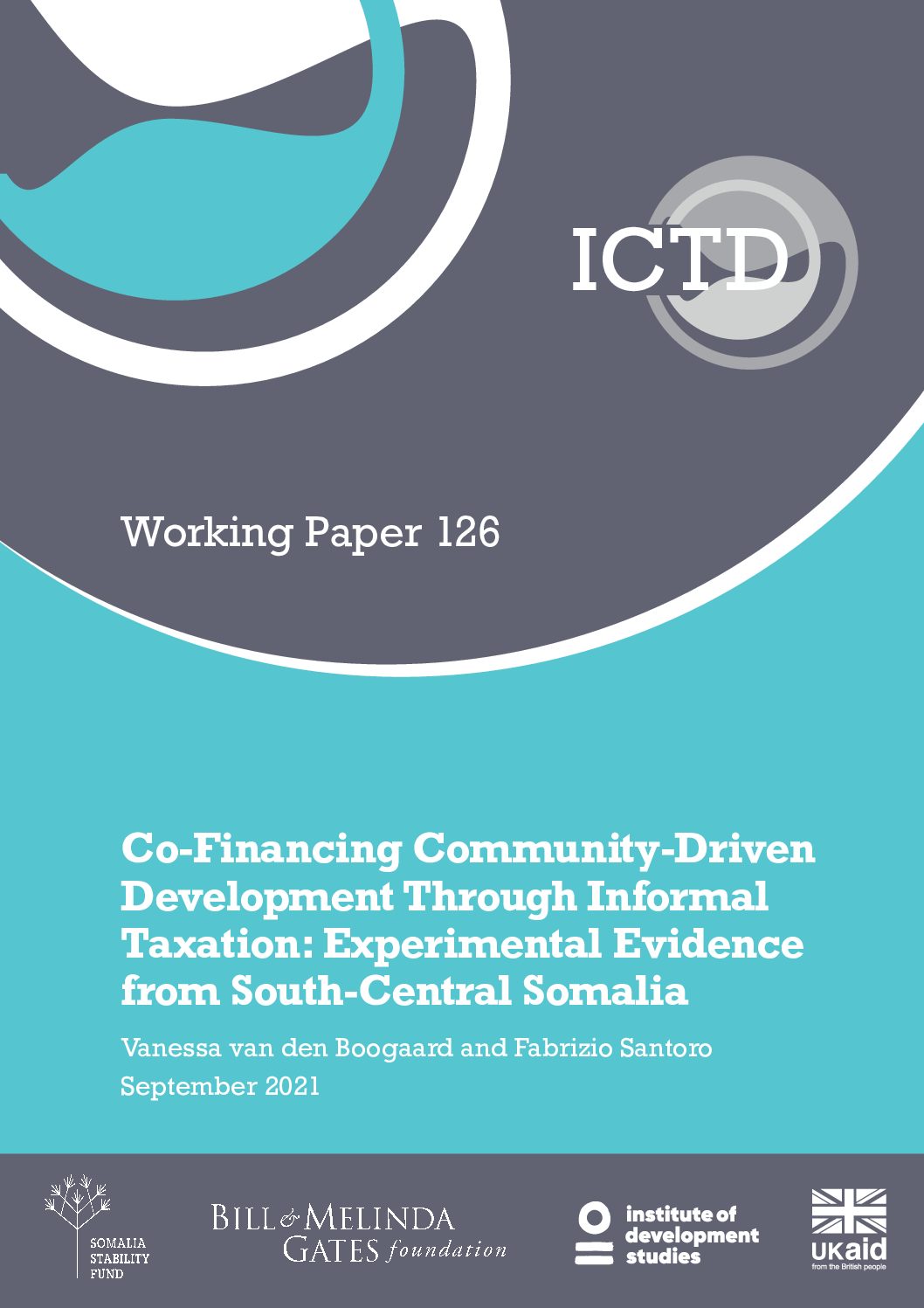Working Paper 126
Community contributions are often required as part of community-driven development (CDD) programmes, with payment encouraged through matching grants. However, little remains known about the impact of matching grants, or the implications of requiring community contributions in order for communities to receive development funding.
This paper describes research where we partner with two non-governmental organisations (NGOs) – one international and one Somali – and undertake a randomised control trial of a CDD matching grant programme designed to incentivise informal contributions for local public goods in Gedo region in south-central Somalia. We rely on household survey data collected from 1,297 respondents in 31 treatment and 31 control communities, as well as surveys of village leaders and data on informal contributions from the mobile money platform used by community leaders to collect revenue.
Two key findings emerge. First, our research shows that working with communities and incentivising informal revenue generation can be an effective way to deliver public goods and to support citizens and communities. Second, building on research exploring the potential for development interventions to spur virtuous or adverse cycles of governance, we show that development partners may work directly with community leaders and informal taxing institutions without necessarily undermining – and indeed perhaps strengthening – state legitimacy and related ongoing processes of statebuilding in the country. Indeed, despite playing no direct role in the matching grant programme, taxpayer perceptions of the legitimacy of the local government improved as a result of the programme.
These findings deepen our understanding of how community contributions may be incentivised through matching grant programmes, and how they may contribute to CDD and public goods provision in a context of weak institutional capacity.
